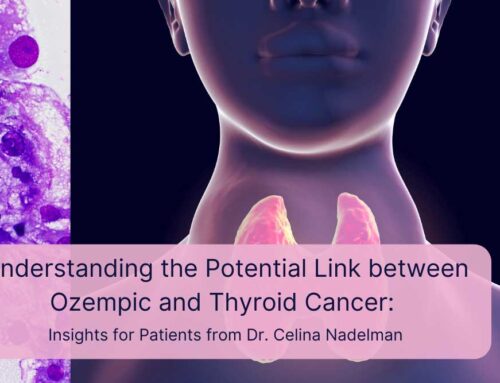How Cancers Are Diagnosed and the Importance of Getting Tested
Cancer is an overwhelming illness that has the potential to alter the lives of the patient and his or her loved ones. Cancer occurs when a cell or group of cells begin to grow abnormally. This growth may spread to nearby tissues and organs of the body, causing further damage to other organs. Therefore, it is important to get tested for cancer as quickly as possible if you feel a lump or bump. Spotting cancer in its early stages saves lives.
Detecting and Diagnosing Cancer
Cancer can be discovered or diagnosed through various methods, depending on the location and type of cancer. Some cancer can be discovered using lab tests on certain fluids in the body, such as blood or urine. Sometimes imaging procedures, such as a CT scans, nuclear scan, ultrasound, MRI, PET scan, X-ray may be used to see if a tumor is present. But in many cases, doctors need to perform a biopsy to diagnose cancer. During a biopsy, a sample of tissue is removed from an unusual lump or bump (mass) and is then examined.
The least invasive biopsy is a fine needle aspiration (FNA). During this procedure, the FNA specialist inserts a very fine needle into the area of concern and extracts a small amount of body tissue or fluid from the lump/mass.
Other than an FNA, there are different types of biopsy procedures to diagnose cancer, such as excisional and incisional biopsies. These procedures are more invasive and may require a longer hospital stay. During such a procedure, a surgeon removes the whole lump (excisional) or just part of the lump (incisional).
Early Detection and Treatment of Cancer Saves Lives
Whether cancer is diagnosed through a fine needle aspiration, a surgical biopsy, or surgery to take the entire mass out, it is very important to catch it quickly. Early diagnosis of cancer can save lives. When you catch cancer early, the cancer is less likely to spread to other parts of the body. When cancer cells spread, they might potentially destroy organs such as the lungs, liver, and brain. This destruction of vital organs can lead to permanent disability or even death.
If you feel an unusual mass (bump or lump), you should consult with your doctor. If the bump or lump is located in your thyroid, head and neck, salivary gland, breast or lymph node an FNA procedure may be your best option. It is a simple, non-invasive, cost- effective, procedure that offers quick results. If your results are positive for cancer, you can begin treatment right away and greatly increase your chances of making a full recovery.




